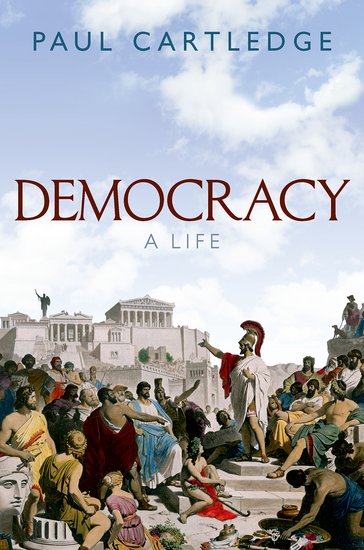On another note, a paper of mine just appeared in Critical Review of International Social and Political Philosophy CRISPP). The paper, entitled “Sortition, Voting, and Democratic Equality,” appears in a special issue devoted to “Equal Representation: New Perspectives on Democratic Theory” (volume 19, no. 3, June 2016). The paper can be found here:
http://www.tandfonline.com/doi/full/10.1080/13698230.2016.1144858
Here is the abstract:
In recent years, democrats both inside and outside the academy have begun to reconsider the merits of the age-old practice of sortition, the random selection of political officials. Despite this fact, however, the comparative assessment of the merits of voting and sortition remains in its infancy. This paper will advance this project by treating the problem of assigning public responsibilities as a problem of allocative justice. To treat the problem in this manner is to treat public office as a type of good to which citizens might have various claims. Random selection is the appropriate method for distributing public office when all citizens have equal claims to that office and there is not enough to go around. Universal distribution is more appropriate when all claimants have equal claims to the office and there is enough to go around (as with universal suffrage, for example). Election (or possibly other procedures, such as appointment) makes sense when citizens do not enjoy equal claims to the office and that office is in scarce supply. This approach captures a crucial component of democratic equality. Different understandings of democratic equality lay behind sortition and election. Each might be appropriate under different circumstances, but both place rights-based constraints on the design of a democratic political system.
Filed under: Academia, Elections, Sortition | Leave a comment »



